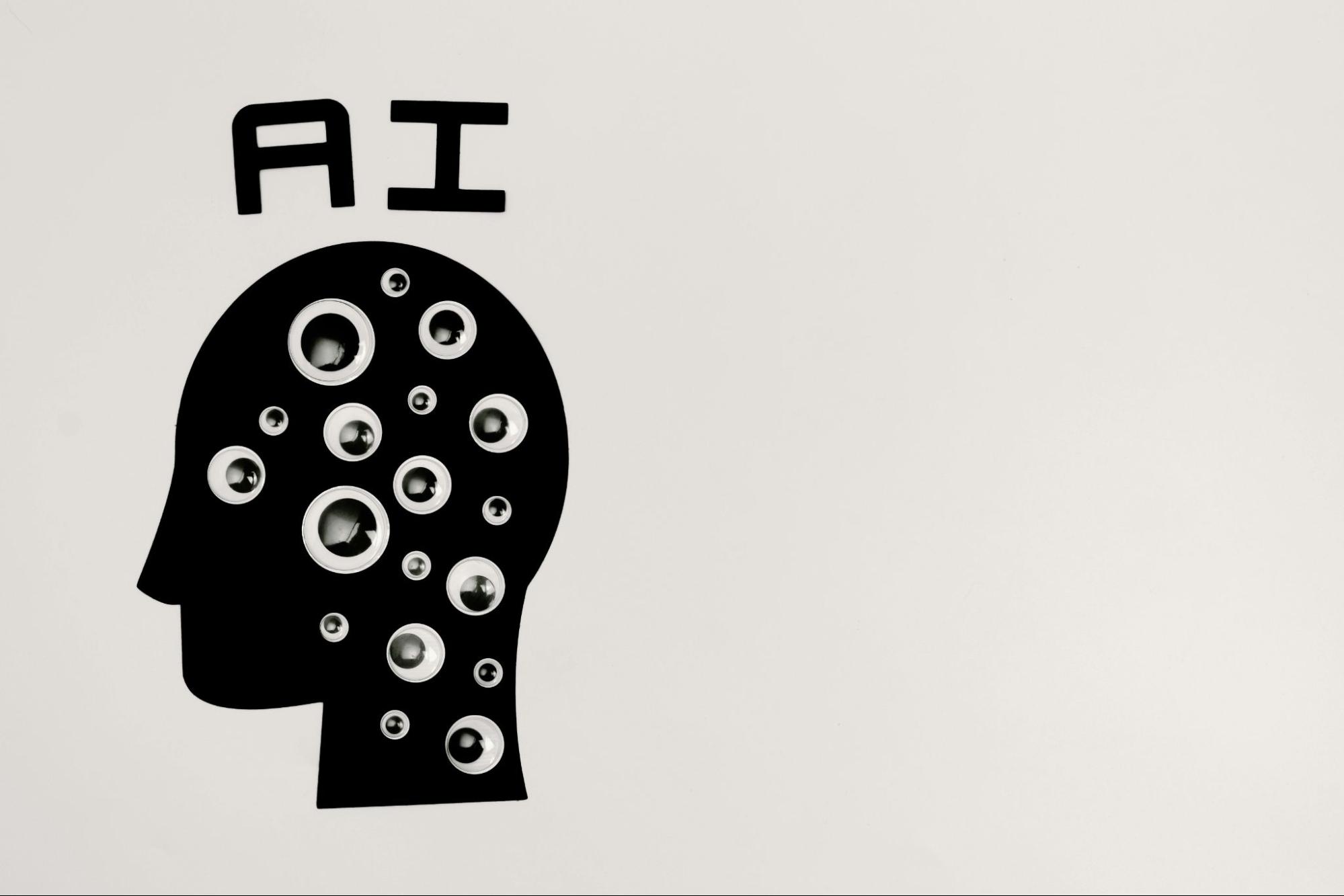
Since the dawn of the AI era, we have witnessed remarkable advancements that have propelled the sector forward at an unprecedented pace. AI continues to push boundaries and drive innovation, from reshaping industries to redefining the way we interact with technology. Based on recent analyses and reports, here are five key AI trends to watch in 2025:
1. Surge in AI Investment
The world’s leading tech giants are doubling down on AI investments, driving the sector to new heights. In 2024, Amazon, Microsoft, Alphabet (Google), and Meta collectively poured $246 billion into capital expenditures, a figure expected to soar beyond $320 billion in 2025. These investments are fueling the development of cutting-edge data centres and specialized chips designed to support large language models and other AI advancements. Despite concerns about high costs and intensifying competition, these companies remain steadfast in their commitment to expanding AI capabilities and maintaining their edge in the industry.
2. Emergence of Agentic AI
Agentic AI is an emerging technology that is set to transform industries everywhere. It combines new forms of artificial intelligence (AI) like large language models (LLMs), traditional AI such as machine learning, and enterprise automation to create autonomous AI agents that can analyze data, set goals, and take actions with decreasing human supervision. These systems, capable of operating autonomously without human intervention, are on the horizon, set to redefine industries through greater efficiency and independence. This shift could revolutionize automation, enabling AI to make real-time decisions in complex environments. However, with this level of autonomy comes pressing concerns about oversight, accountability, and ethical considerations. As agentic AI continues to evolve, regulatory frameworks may need to adapt to ensure responsible deployment and prevent potential misuse.
3. Focus on Multimodal AI Models
AI is becoming increasingly versatile, with multimodal models capable of processing and integrating data from multiple sources, including text, images, audio, and video. These models unlock new possibilities for more intuitive and intelligent applications, from enhancing search engines to revolutionizing content creation. How AI understands and generates information across different formats will be improved and this will set multimodal AI and make digital interactions more seamless.
4. Integration of AI in Science and Healthcare
AI is making significant strides in science and healthcare, driving innovation in areas like climate modelling, sustainable agriculture, and medical diagnostics. Researchers are leveraging AI to predict weather patterns, analyze carbon emissions, and optimize farming techniques for sustainability. In healthcare, AI-powered diagnostic tools and virtual assistants are enhancing patient care by assisting doctors in disease detection, treatment planning, and personalized medicine. As AI becomes more deeply embedded in these fields, its potential to improve lives and tackle global challenges continues to grow.
5. Growing Emphasis on AI Ethics and Regulation
With AI’s expanding influence, the conversation around ethics and regulation is going to become more critical than ever. Governments and organizations worldwide are working to address concerns related to data privacy, copyright laws, misinformation and disinformation, and algorithmic bias. The European Union, for instance, is pushing forward comprehensive AI legislation to regulate AI deployment and protect consumer rights. As AI becomes increasingly integrated into everyday life, ensuring its ethical development and usage will be key to maintaining public trust and preventing harmful consequences.
As we move into 2025, AI is poised to be a driving force behind major technological and societal shifts. With unprecedented investments, groundbreaking innovations, and ongoing ethical debates, the next phase of AI development will shape the way we think, live, work, and interact with the world, which, in and of itself is a very scary thought. Balancing progress with responsibility will be crucial in harnessing AI’s full potential for the benefit of all.

